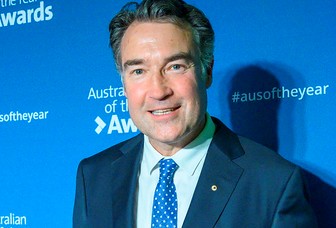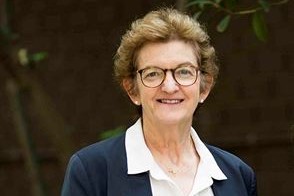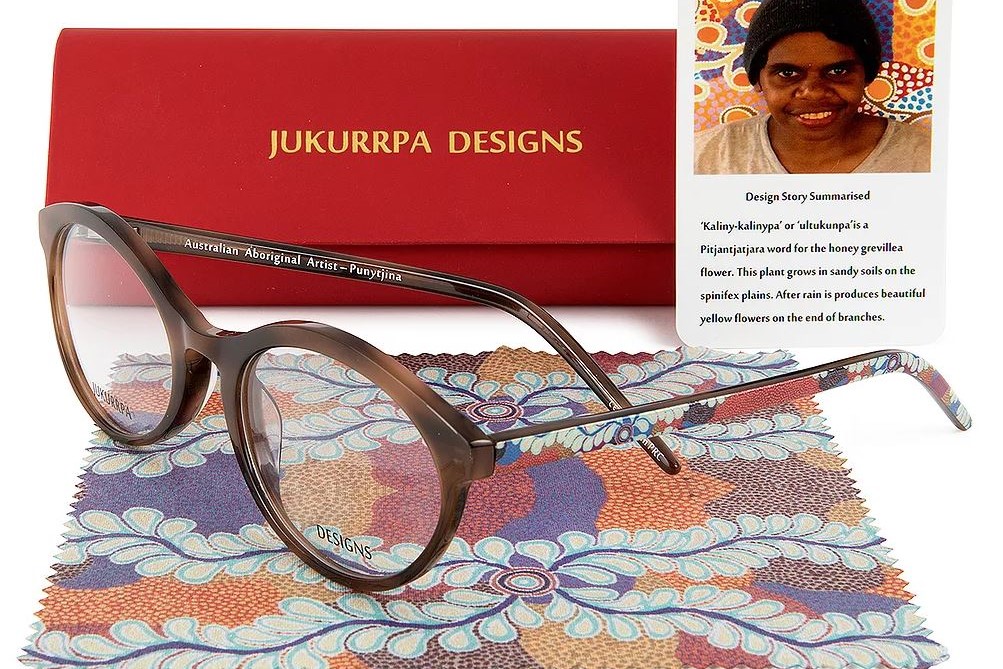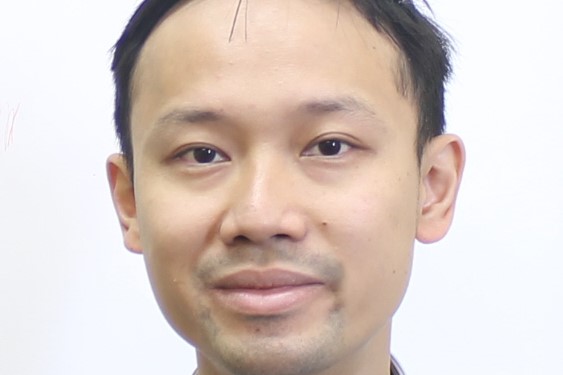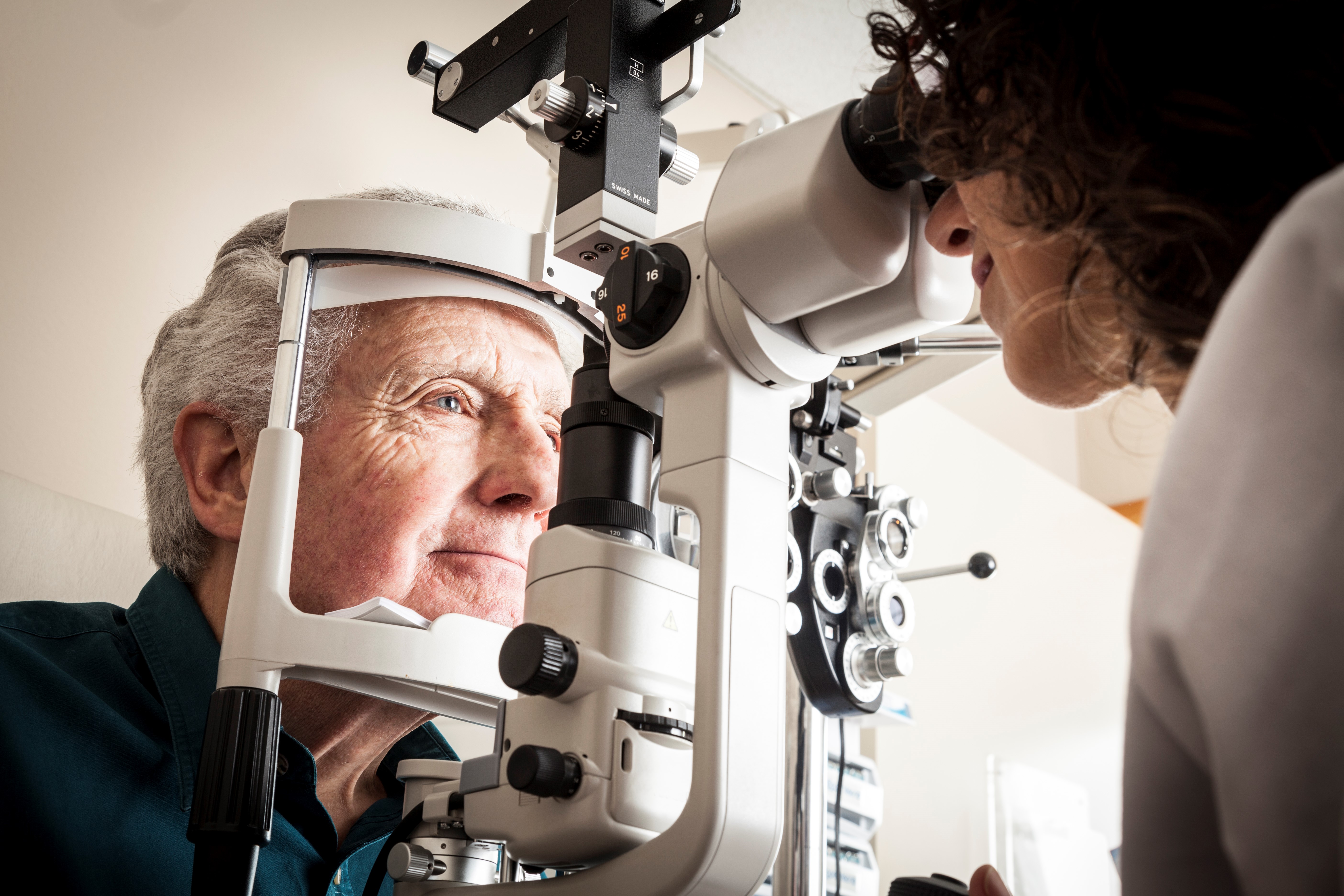Meet our white-caner columnist – Trevor Plumbly
Since 2018, Trevor Plumbly has penned humorous and heartwarming insights for NZ Optics on how retinitis pigmentosa (RP) has impacted his life. Although he says he’s no fan of the term ‘journey’, his has been an impressive one. “Pam and I had married in 1971. She was a nurse, a ‘Gore girl’ on her overseas experience trip, and I was working in The Sussex Arms in Tunbridge Wells.” Neither of them saw much of a future in England, so the decision to move to the other side of the world in 1972 wasn't a difficult one, he says.
Plumbly subsequently found his way into antiques dealing in Dunedin. “I guess the dealer Frank Cronin was my main influence. He was a real character, bubbling over with nervous energy, who, despite having never read a book on antiques, had a genuine love for everything he handled.” Cronin traded honestly on instinct and pure tradecraft, says Plumbly. He became somewhat of a celebrity in the ‘80s, when he was made one of ‘the antiques experts’ on the television show Antiques for Love or Money, alongside Dougal Stevenson and Marshall Seifert.
But many of the valuable finds he held onto after his career had little to do with their monetary worth, he says. “In the TV days, I mentioned hoarding on air, saying I sometimes worried I might end up looking for stuff like plastic Eiffel Towers. A couple of weeks later I got a small Eiffel Tower in the post with a note saying, 'Here you go, Trevor, you can stop worrying now!'.” There’s also a gilt brass carriage clock, the first 'valuable' antique he was able to give Pam and a Georgian silver standish inkwell by the Barnard Brothers he bought from an elderly client in Roxburgh. “I hope they get enjoyed rather than sold, but maybe that's a bit like inflicting a legacy,” he says. “I can't see them these days but it’s nice to feel they're still there, keeping the stories alive.”
He's received great care since his RP diagnosis, he says, remembering Otago University ophthalmologist Associate Professor Gordon Sanderson with particular fondness. “He explained it and what it would mean without lapsing into medic-speak, before counselling 'patience'. A special man and sorely missed by the blind community.”
Plumbly says he’s always struck by how incredibly seriously the vast majority of eyecare professionals seem to take blindness. “It’s not sacred thin ice or a sentence – just life; and that's funny enough on its own. Sure, deliver the medicals but treat the day-to-day stuff as lightly as possible,” he suggests. He does admit, however, that support, and sometimes technology, does help. “There's just so much out there these days to make things easier, but for my part the ups and downs of coping are best self taught. I've found there's more wriggle room that way.”
Pam and the family rarely speak of how his sight loss affects them, he says. “But they reply to its intrusion into their lives with constant willingness and a tolerance that greatly exceeds mine.”
So what does an ideal day look like for the self-described ‘Blindy’? “First up is the cryptic crossword, then emails and scribbling down anything that comes to mind. My writings mightn't carry much literary value but I enjoy the exercise.” A year ago, Plumbly decided to write a memoir for his grandsons. The early years weren't a problem, he says, but then he got sidetracked when he got to the Blindy bits and started digging into 300-odd blogs and NZ Optics’ pieces. “There's heaps of uncoordinated stuff in folders that I'll never get around to sorting out, but it’s there if the kids want to plough through it.”











